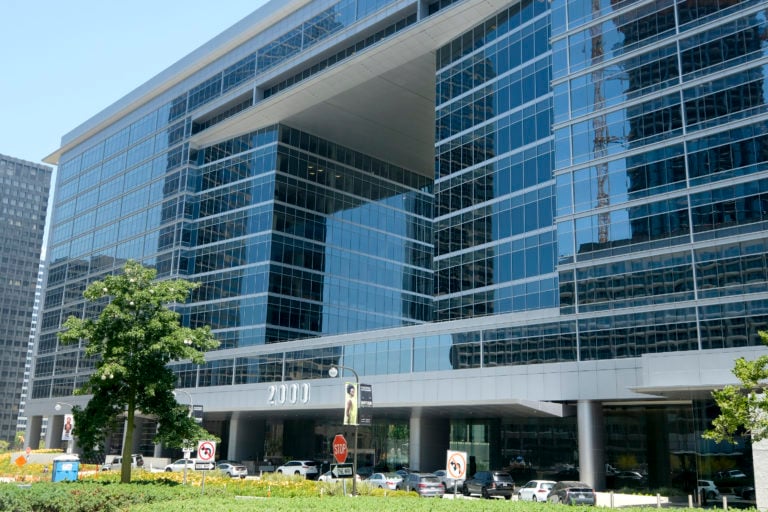
Century City-based asset manager Ares Management Corp. has closed a $3.5 billion private equity fund.
The Ares Special Opportunities Fund will focus on “stressed/distressed” investments in a mix of private and public companies, according to the firm.
The fund was oversubscribed by $1.5 billion, likely aided, industry watchers say, by the Covid-19 market downturn.
“This is what the entire distressed community has been waiting for for eight years,” said Steve Moyer, a USC business professor and former distressed debt fund manager. “A lot of investors see this as the cyclically correct time to get in (to distressed investments).”
With access to capital tightening for struggling companies, private equity firms have the opportunity to buy into businesses at attractive valuations or provide lines of credit with healthy returns.
“A Hertz-type situation comes to mind,” said Moyer, referring to the rental car company that recently filed for bankruptcy. “They needed capital to finance the bankruptcy … Ares could come in and participate in a (debtor in possession).”
A DIP facility is a loan to a bankrupt corporation to pay the cost of bankruptcy, which can position the lender for a strong return.
For other companies on the precipice of bankruptcy, Moyer added, Ares could make a rescue loan designed to provide liquidity to allow the business to avoid Chapter 11.
These ideas are not unique to the Century City asset manager. Moyer pointed to Downtown-based Oaktree Capital Management, which was looking to raise $15 billion for distressed debt investments in April, according to Bloomberg.
Newport Beach-based Pacific Investment Management Co. is also looking to raise a $3 billion distressed debt fund, unnamed sources told Bloomberg.
According to regulatory filings, Ares did an initial close on the Special Opportunities Fund last year with just over $1 billion in committed capital and began investing it.
In addition to its likely role in boosting fundraising, Covid-19 also drove a shift in the fund’s strategy.
Prior to March, the Special Opportunities vehicle was primarily focused on private investments, according to Ares.
Following the pandemic disruptions, the firm said it began splitting its investments between private and public companies, with the roughly $1.7 billion invested to date split evenly between the two asset classes.
Under normal circumstances, public companies tend to be less interested in private equity investment than other alternatives. Private equity capital can be expensive, and the buyout firms usually want a significant degree of influence over their investment targets’ operations.
“Ultimately, management doesn’t want to be tied down with what they see as restrictions,” said Dean Kim, an executive director of equity research at Playa Vista-based William O’Neil and Co.
“In normal situations, public companies can have access to capital by raising money in the market. They can go to their bank and get a line of credit,” Kim said. “There are many ways (for them) to access capital.”
With public markets down and bank credit lines drying up, Kim said private equity capital has suddenly become a more attractive option for public firms.
While he noted that there was no way to know the details of Ares’ investment strategy, Kim said these factors likely contributed to the shift in focus at the Special Opportunities Fund.
Ares’ moves line up with a broader trend among private equity firms to target pandemic-afflicted businesses, according to Kim.
